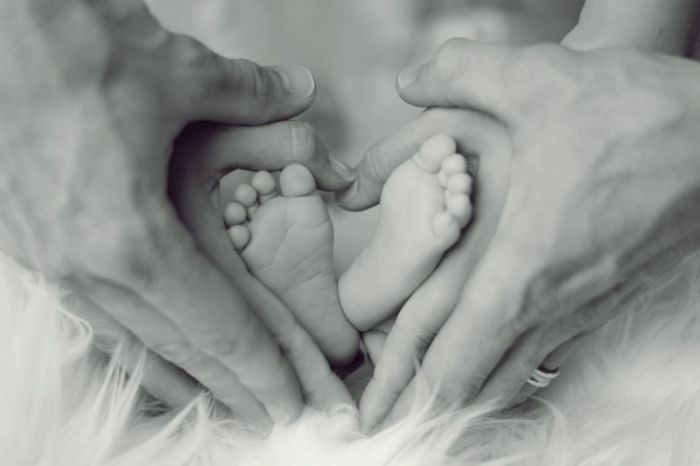US birth rates drop sharply, may plummet to lowest levels ever: report

New research reveals that fertility rates in the United States have declined significantly and could fall to their lowest rates ever.
The study, "Declining Fertility in America," which was released this week by the American Enterprise Institute, a conservative think tank in Washington, D.C., shows that birth rates have fallen in America to one of the lowest recorded levels of population growth, and could drop even further to record low levels.
"This decline is led by falling birth rates for women under 30, but in recent years, even women in their 30s have seen falling birth rates. These declines will almost certainly result in millennial women ultimately having fewer children than previous generations had," the report's author, Lyman Stone, explains in the executive summary.
Yet most of these drops in birth rates are a result of changing marital habits, mainly young people delaying marriage. This trend cannot be reversed by efforts to change Americans' ideals for children because they already desire them and continue to, he argued.
"The problem, then, is not about Americans not valuing childbearing, but about barriers to childbearing," Stone said.
Those barriers include high debt levels from student loans, decreased home ownership as a result of high housing costs, more time spent enrolled in higher education, higher costs of childcare, and changing cultural expectations of parents.
Policy responses are unlikely to effectively address the many challenges young people face regarding childbearing and a significant recovery in birth rates is not likely, Stone predicts.
"Rather, fertility will likely remain below the historic average until the next recession, when it will plummet even lower."
Declining birth rates, described as the Western "baby bust," has been the subject of considerable public analysis in recent months in light of what it says about American and Western European societies.
The Economist noted last month that religious conservatives in the United States fear that "a broad cultural shift is underway," especially with the rise of the "nones" — those who don't identify with any particular religious affiliation.
"According to Gallup, a pollster, the share of Americans who never go to church has risen from 10 percent to 27 percent since 2000. That could be connected to falling fertility. Churches tend to be in favor of children — more so than the other places where people hang out on the weekend, such as gyms and bars."
In a separate but related essay published Monday on the blog of the Institute for Family Studies, Stone notes along with IFS senior fellow W. Brad Wilcox, that while the baby bust is indeed bad news regarding fertility, encouraging signs exist among the statistics about marriage and family life.
Even with declining birth rates, "more kids are being born in married-parent families, and, overall, more kids are living in households with married parents," Wilcox and Stone write.
"Divorce is down, which is another good portent for kids in married families. This is good news for child development and family patterns in America."
Yet this is a recent development, the authors go on to say and the future remains unclear.
"But, for now, we’re living in a time that looks hopeful for the well-being of families. Births increasingly occur to married moms, and kids are increasingly being raised by married parents. Whatever the future may hold, today looks pretty bright."



























